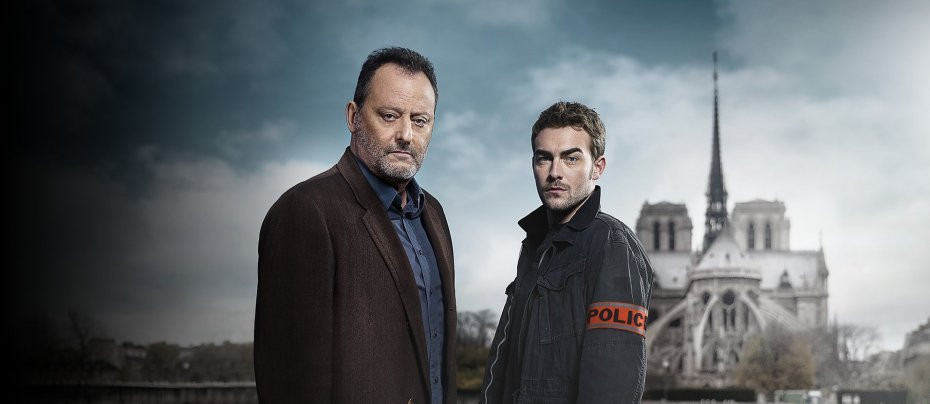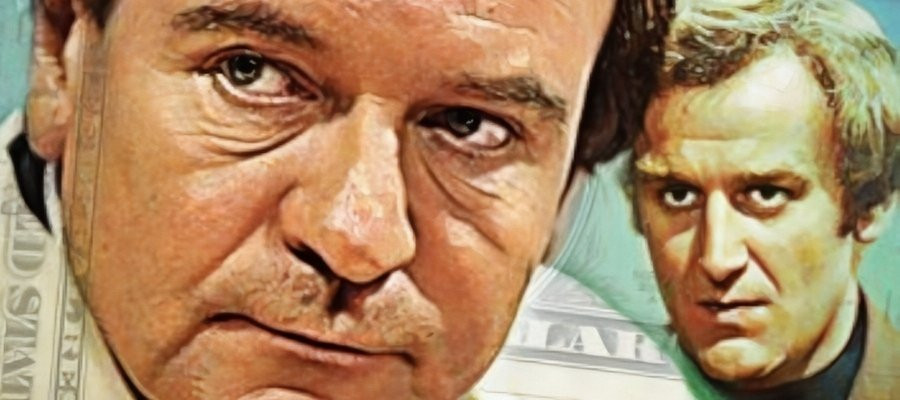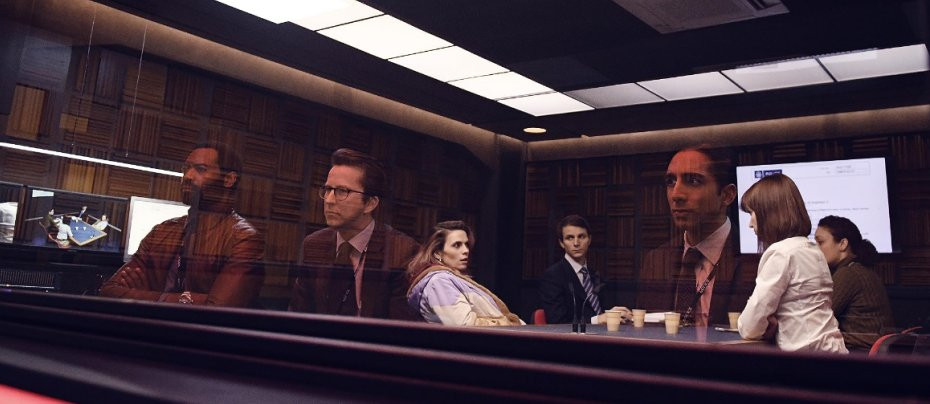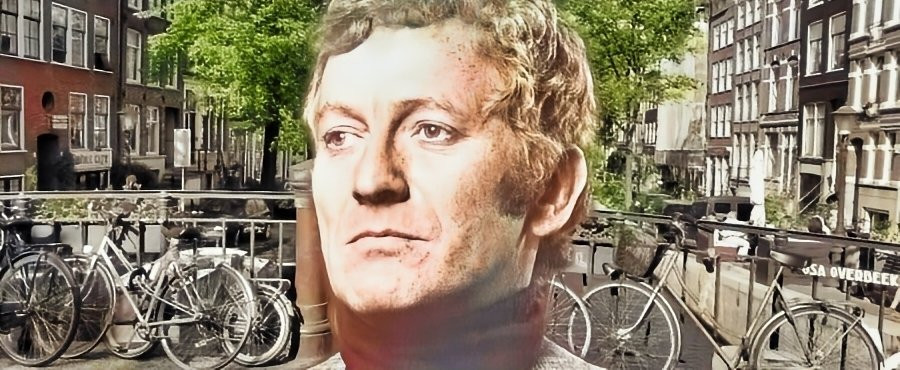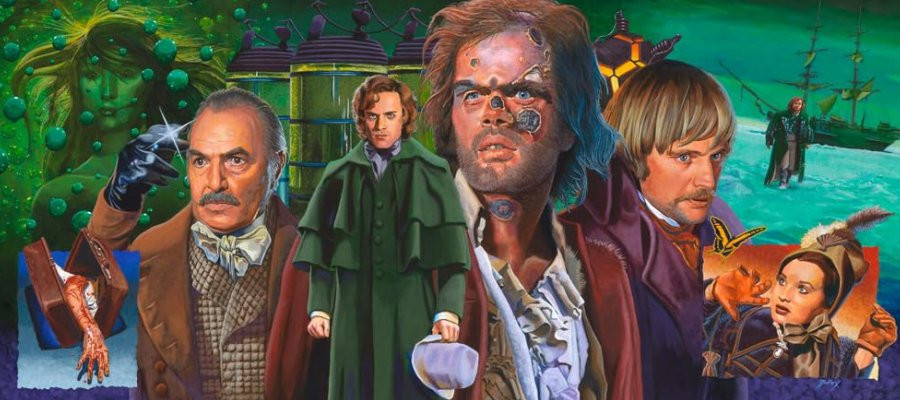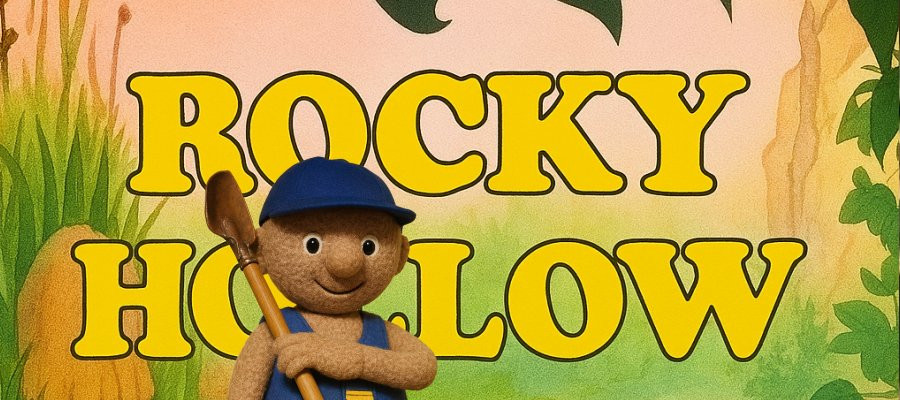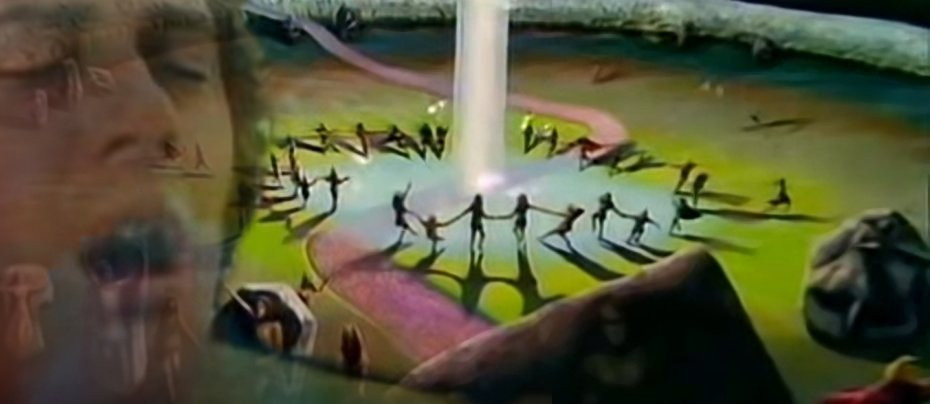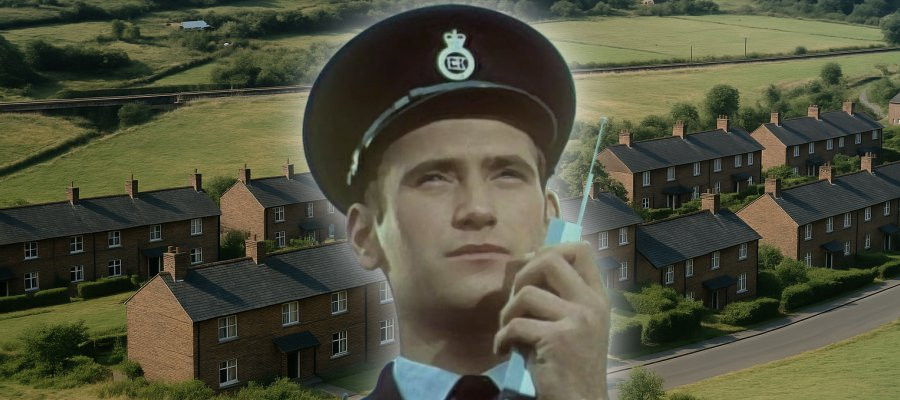
Parkin's Patch
1969 - United KingdomBefore Heartbeat brought us '60s-style constables to a mainstream Sunday audience, Parkin’s Patch quietly patrolled the Yorkshire airwaves. Originally broadcast mostly on Friday evenings (regions varied) between September 1969 and March 1970, this low-budget but endearing rural police drama from Yorkshire Television offered viewers a grounded look at policing on the North Yorkshire Moors — a world away from the more romanticised copper capers that would follow in later decades.
John Flanagan plays PC Moss Parkin, a country bobby with mud on his boots and a rather morose disposition, who goes about his beat in the fictional village of Fickley. From behind the wheel of his battered Land Rover, Parkin investigates everything from sheep rustling to missing persons, car theft, and military deserters. He lives with his wife Beth (Heather Page), whose life is as much shaped by the insular rhythms of rural life as it is by the constant proximity to local troublemakers.
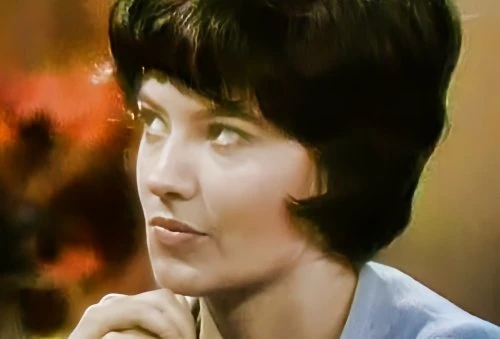
Devised by Elwyn Jones — the man behind Z Cars and Maigret — and produced by Terence Williams, Parkin’s Patch shares some of the DNA of those grittier series but adapts it for a more intimate, slower-paced rural setting. It’s more observational than thrilling; stories unfold at a measured pace and seldom feature punch-ups or high-octane car chases. If anything, the lack of action works in its favour — there’s a quiet integrity to the way the show handles crime as something often mundane, but always consequential.
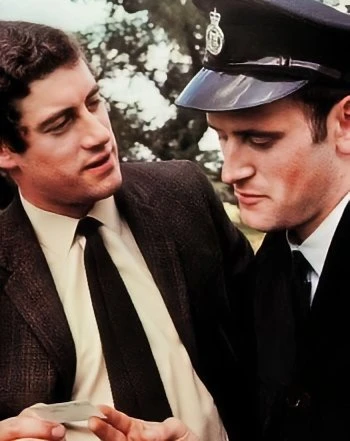
Gareth Thomas (later of Blake's 7 fame) lends solid support as DC Ron Radley, whose arrival often injects a bit of energy and humour into Parkin’s otherwise rather solitary beat. Guest stars are another highlight, with early appearances by future household names such as Warren Clarke, Pauline Collins, Michael Elphick, and Peter Sallis. Michael Robbins’ recurring character Tom Parry has a distinct 'proto-Greengrass' feel, drawing a loose comparison to Heartbeat, though Parkin’s Patch remains the more realistic of the two.
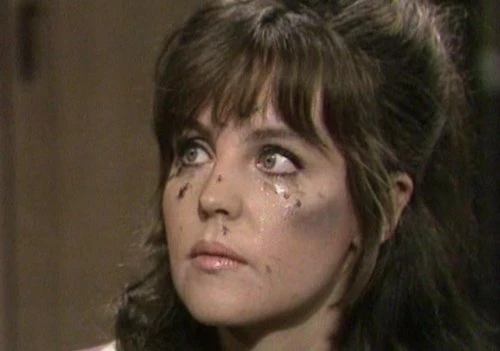
The series benefited from technical advice by former Detective Chief Superintendent Arnold Robinson, which adds an unmistakable authenticity to the policing methods shown on screen. That realism extends to the setting: shot on location in and around the Moors, the weather-beaten stone cottages and austere landscape give the show a genuinely immersive feel. There are three episodes in black and white — most notably Boys, involving a gang of young car thieves featuring Ronald Lacey, and The Deserter, where a soldier goes AWOL, prompting a visit from a particularly irate Redcap played by David Lodge.
While the 25-minute runtime keeps things brisk, it can sometimes feel a little restrictive — some plots might have benefited from a longer format. Still, there’s a warmth to the series’ compact structure, helped by fine writing from the likes of Robert Barr, Allan Prior, and Ian Kennedy Martin. And in terms of direction, it boasts some major behind-the-scenes talent too — including the likes of Michael Apted and Stephen Frears.
Parkin’s Patch might be a touch slow for modern viewers, but that’s also part of its charm. It’s an understated, honest portrayal of a rural constable at a time when policing was often less about chase scenes and more about community. With the cars, signage and packaging of the era providing an unexpected nostalgic pleasure, and the acting uniformly solid, this 26-episode gem deserves a second look — particularly for fans of classic British television and those with an interest in the evolution of crime drama on the small screen.
Available again (if you can find it) via remaining Network DVD stock, Parkin’s Patch is both a time capsule and a quietly compelling slice of telly history. Not flashy, not fast, but faithful — and in its own way, quite fantastic.
Seen this show? How do you rate it?
Seen this show? How do you rate it?
Published on July 22nd, 2025. Written by Laurence Marcus for Television Heaven.


